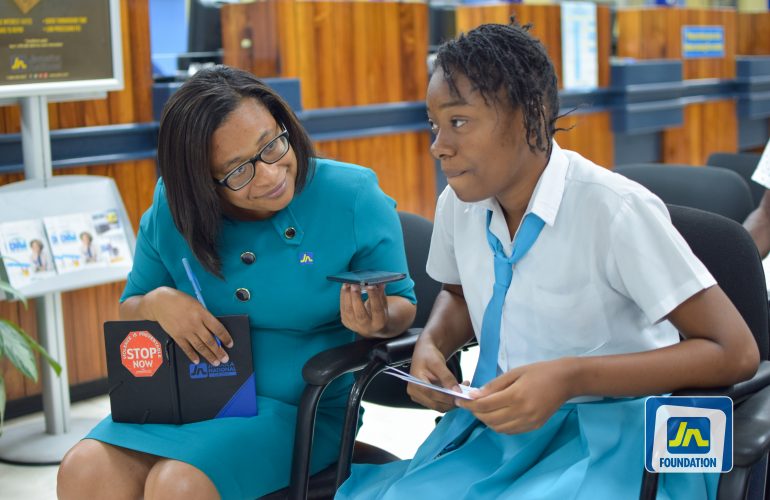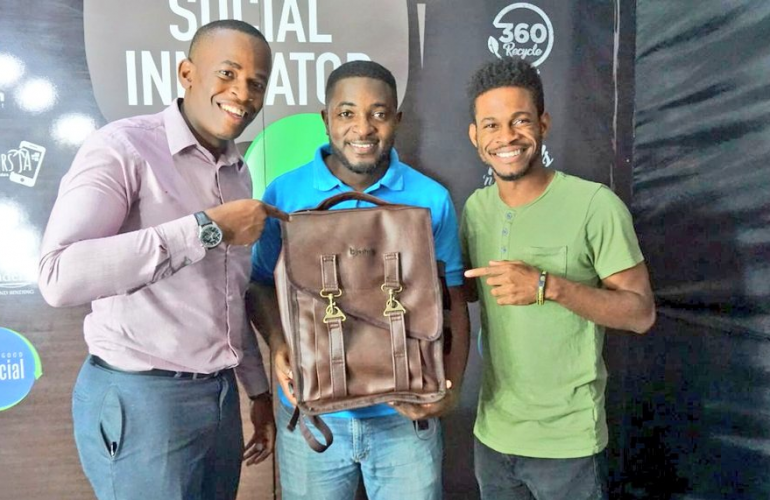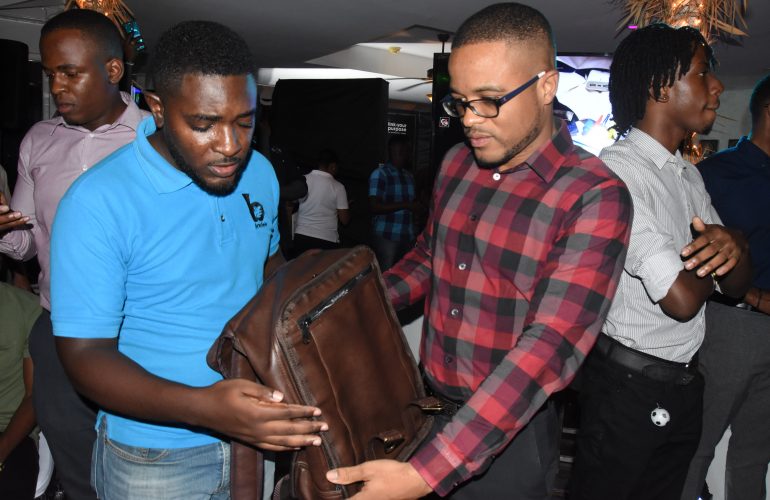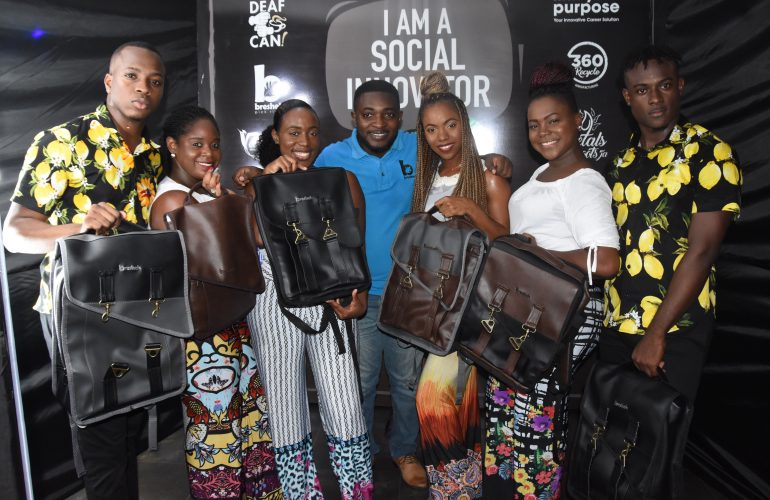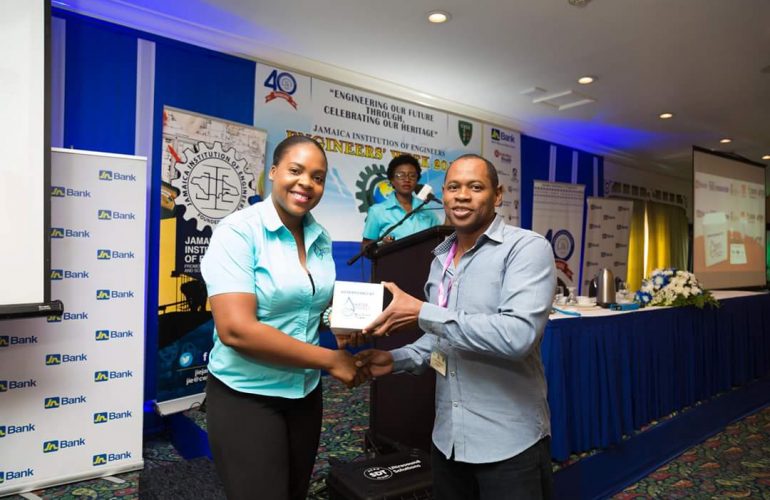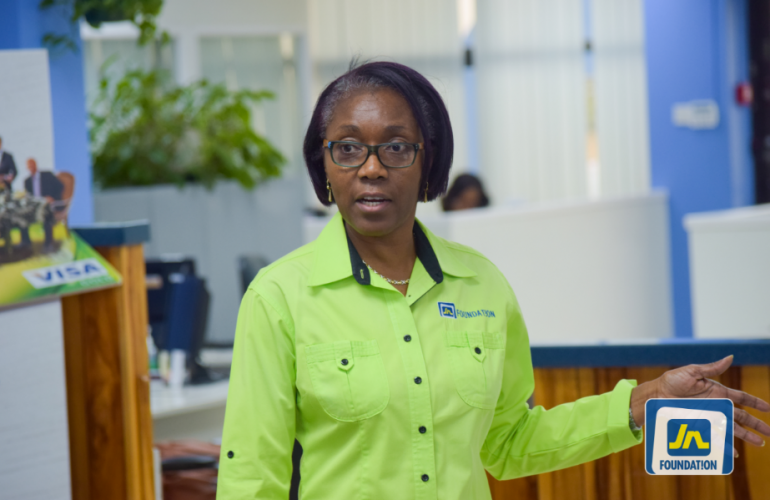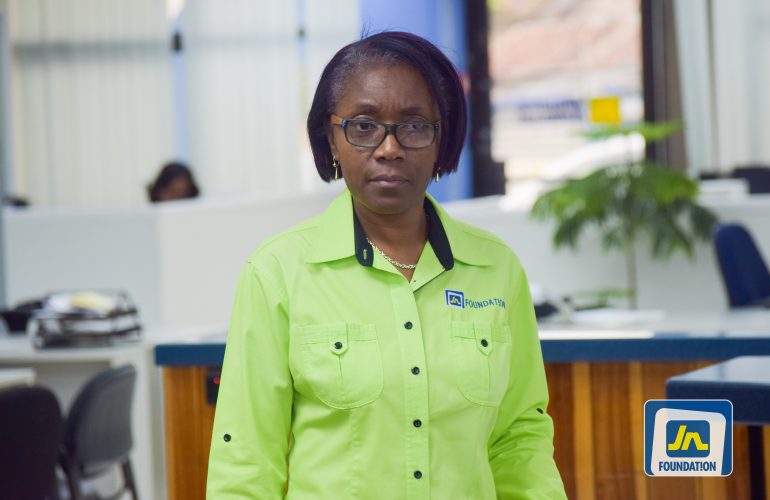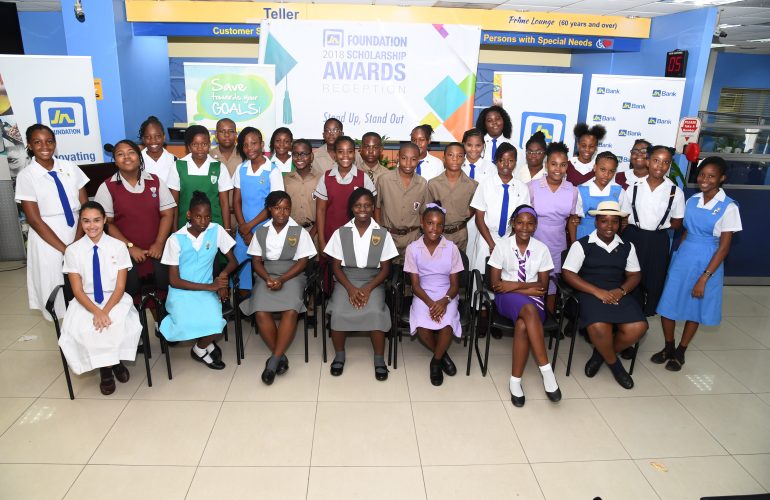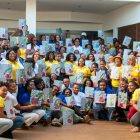Growth & Jobs | Miller encourages financial education in schools
Several experts in the financial, education and employment sectors agree that exposing young people to basic financial concepts at an early age in a classroom setting will assist them to make better ‘financial decisions as adults.
“This can only work out to the advantage of the child in the long run, especially when he or she is faced with critical life decisions about how to spend and invest money. It will also redound to the benefit of the country, given that financially educated consumers can make a positive impact on emerging economies,” posits Rose Miller, grants manager at the JN Foundation.
Miller maintained that optimally, personal finance should be taught in school and at home.
“However, the reality is that many Jamaicans aren’t as financially knowledgeable as they think they are,” she said, pointing out that the Standard & Poor’s (S&P) 2015 Global Financial Literacy Study indicates that only 33 per cent of adult Jamaicans are considered financially literate”.
BAD FINANCIAL DECISIONS
Miller said that what the S&P study revealed is that many Jamaicans are making ill-advised financial decisions, which end up costing them thousands, even millions of dollars over time.
“Financial ignorance carries significant costs. Consumers who fail to understand simple concepts, such as interest rates, spend more on transaction fees and run up bigger debts. They also end up borrowing more and saving less money,” she advised.
Miller, who also heads the JN Foundation’s BeWi$e financial-empowerment programme, noted that JN hosts workshops about money management for children and adults across the country. JN Bank has also implemented the JN School Savers’ Programme, which inculcates good money-management principles and practices in students at the basic-school level and upwards.
“I believe that financial education is too important a subject to be left to chance and it should, therefore, be fully integrated into the school curriculum,” she said. “Playing sports, exercising and brushing one’s teeth are good life habits, and we all start learning them from we are very young. Personal finance is also about establishing good habits from as early as possible.”
Miller maintained that courses should be targeted at teach ing children the value and consequences of their financial decisions, which relates to living a healthy and responsible life.
“Children are confronted early in their growth process with wanting to buy a toy or a cell phone,” she added, explaining that these are financial learning opportunities.
Miller said elementary, school students can start with basic concepts such as trade-offs, price comparisons, costs versus benefits, and risk versus reward, as well as the value of money, which is another concept that is lost on the very young.
“We watched our parents use ‘real money’ to pay for goods when we were growing up. However, today, we live in a digital age in which our children see credit cards and debit cards being used instead of cash. Therefore, we need to explain to them that money is the unit that backs those cards,” she says, “as that is not readily apparent.”
Psychologist and founder of business management consulting firm Above or Beyond, Dr Leachim Semaj, agrees that financial education must be incorporated in the school curriculum from the basic-school level, pointing out that as students mature, more complex concepts can be introduced, from insurance and credit to compound interest.
“The average Jamaican has no idea how money works. It is as bad as that. A lot of people don’t understand something as basic as compound interest.
As a result, over the years, many institutions have taken advantage of their ignorance,” he said.
Semaj further noted, “The average small-business owner is ignorant about money management and profit margins. Many people confuse cash flow’with profit. They don’t even understand pricing. The fact is that cash flow is keeping a lot of businesses afloat, and the operators get the impression that they have a successful business, but they’re simply one step away from failure,” Semaj stated.
He noted that this is the kind of information and knowledge that young people must be exposed to in the education system.
“We also need to teach them concepts such as, what is a good loan versus a bad loan? Meaning, what are things you should borrow to achieve, and what you shouldn’t?” he advised.
Review the curriculum
Retired educator Esther Tyson said that with some schools now including entrepreneurship in their curricula, financial education should be interwoven into those lessons.
“It would help Jamaicans to better understand how financial institutions work, how to plan ahead and save for long-term goals,” she related. “Especially since we’re in the age where everything is immediate, and this makes things even worse as our young people need to learn that if they want to achieve big things, they should start very small,” she said. Tyson said that critical to the success of these initiatives is a curriculum, that allows children to make financial decisions and receive feedback in a safe space.
This can be achieved through a combination of traditional classroom activities, technology-enabled games, and some limited real-world practice, she affirmed.

